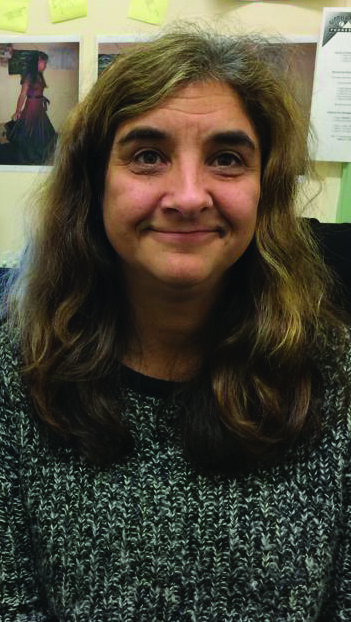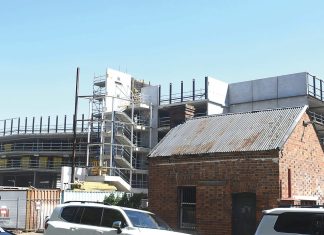The federal government’s plans to double the waiting time for newly arrived migrants to access specific welfare payments ahead of a parliamentary decision has not sat well with the region’s peak migrant body.
The Turnbull government revealed in last week’s federal budget that it is extending the Newly Arrived Resident’s Waiting Period from two years to four years in a move that is expected to save $202.5 million over five years.
The extension, which comes into effect on July 1, comes ahead of a proposed bill in the Senate to increase the waiting period for new migrants to access welfare payments to three years.
“It is a sad and short-sighted measure, given the enormous contribution migrants make to the Australian economy and community, that will only cause stress, hardship and alienation,” Gippsland Multicultural Services director Lisa Sinha told The Express.
Ms Sinha said migrants needed support during their first years in the country to become contributing members of the community and that “extending the wait for eligibility for income support will only cause undue hardship for families”.
Originally set at two years, migrants who come to Australia will now have to wait for four years to become eligible for certain welfare payments such as parenting payment, family tax benefit, parental leave and dad and partner leave pays, carer payment and allowance, Newstart, and Youth Allowance.
The Department of Social Services said in a fact sheet that the measures will encourage migrants to support themselves and their families for longer when they first settle in Australia.
Existing exemptions will remain in place, including for those on humanitarian visas.
Ms Sinha said the new policy would discourage skilled people who make up Australia’s largest migrant intake from coming to the country.
“It will change how skilled migrants feel about migrating here – they’ll think if this is the best place to start a new life,” Ms Sinha said.
She said the policy sent a message that migrants “do not belong” even if they were paying taxes and contributing to Australia’s economy.
Recent joint research conducted by the Treasury and the Department of Home Affairs showed skilled migrants were adding to the country’s wealth and belied assumptions they are stealing jobs from local workers.
“It’s a message that you’re not part of the community despite paying your taxes and contribution, which is the last thing for social cohesion,” she said.
Ms Sinha said it was also unfair for skilled migrants to wait for four years to access Family Tax Benefit if their children were born in Australia.
“That’s really tragic for children because some people find themselves [in a position] where the only support for an Australian-born child of parents who came here as permanent residents but not have been here long enough is Family Tax [Benefit] for the child,” she said.
Ms Sinha said skilled migrants were “putting in [and] not taking out” from Australia’s economy even if they brought their parents here to help care for their children.
Currently, parents of skilled migrants who came to Australia as permanent residents must wait for 10 years before they are eligible for pension payments.
“The [argument] that they might be a burden on our system is actually ridiculous,” she said.












